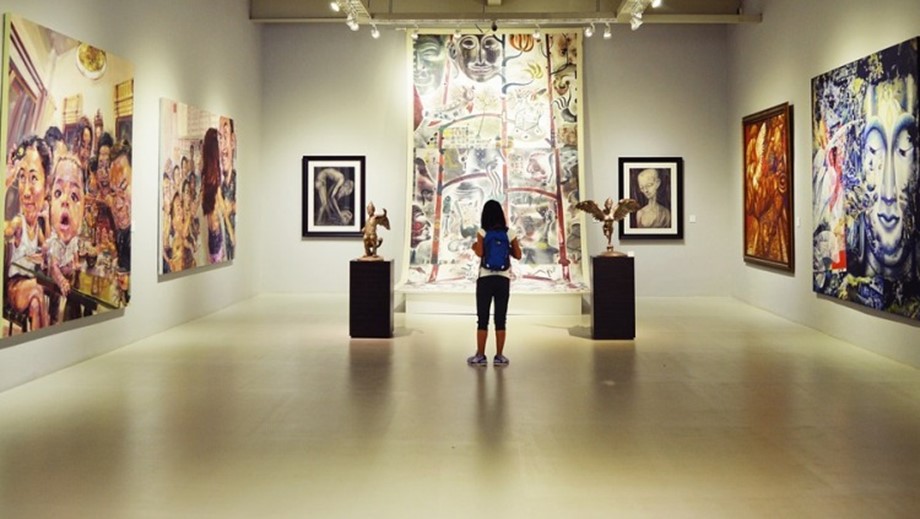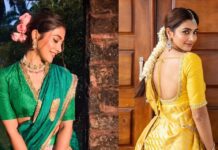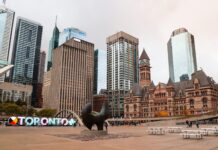 NEW YORK: The Metropolitan Museum of Art, the largest art museum in the US, will showcase a collection of works by renowned Indian sculptor Mrinalini Mukherjee in the first comprehensive display of the artist’s work in America.
NEW YORK: The Metropolitan Museum of Art, the largest art museum in the US, will showcase a collection of works by renowned Indian sculptor Mrinalini Mukherjee in the first comprehensive display of the artist’s work in America.
The artist will be the subject of a revelatory retrospective at The Met Breuer.
The exhibition ‘Phenomenal Nature: Mrinalini Mukherjee’ will be on view June 4 through September 29, 2019, bringing together 57 pieces by Mukherjee and will explore the artist’s longstanding engagement with fiber, along with her significant forays into ceramic and bronze from the middle and latter half of her career, the Museum said.
The exhibition is made possible by Nita Ambani, her husband Reliance Industries Chairman Mukesh Ambani and the Reliance Foundation.
Born in Mumbai in 1949, Mukherjee studied painting, printmaking, and mural making at the M S University in Baroda, with the influential artist K G Subramanyan, under whose guidance Mukherjee first experimented with fiber.
Phenomenal Nature will also present the latter half of Mukherjee’s career in the mid-1990s, when, prompted by a residency at the European Ceramics Work Centre in the Netherlands, she began working with ceramics, eventually taking on bronze in 2003.
“Probing the divide between figuration and abstraction, Mukherjee would go on to fashion unusual, mysterious, sensual, and, at times, unsettlingly grotesque forms, commanding in their presence and scale,” the museum said.
A committed sculptor who worked intuitively, never resorting to a sketch or preparatory drawing, Mukherjee in her forms explored the divide between figuration and abstraction.
She was primarily inspired by nature and this was further informed by her enthusiasm for Indian historic sculpture, modern design, and local crafts and textile traditions. The exhibition will seek to highlight the radical intervention Mukherjee made by adapting crafting techniques with a modernist formalism.
The artist’s fiber forms are physical and organic. She never worked with a loom; instead, knotting became her primary technique and it imbued her sculptures with three-dimensional volume and a sense of monumentally, the museum said in a release.
Mukherjee used natural as well as hand-dyed ropes sourced from a local market in New Delhi, where she lived and worked. The forms she fashioned are replete with sexual imagery, while some of her large anthropomorphic pieces in which the vegetal, human, and animal coalesce at times suggest the imagery of classical Indian sculpture.
The exhibition is organised by Shanay Jhaveri, Assistant Curator of South Asian Art in the museum’s Department of Modern and Contemporary Art. PTI






